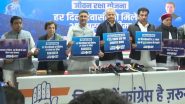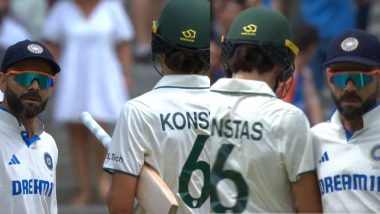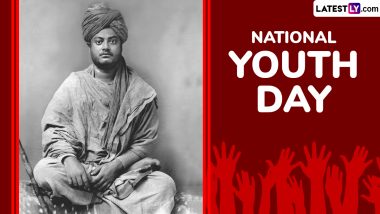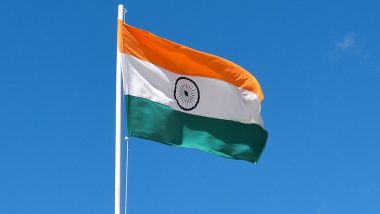London [UK], Sept 29 (ANI): The World Sindhi Congress (WSC) on Saturday hosted an international conference on Sindh in London, where the participants highlighted issues such as enforced disappearances of activists, human rights violations and forced conversion of religious minorities in Pakistan.In a series of tweets, prominent Sindhi activists, journalists and experts graced their presence at the 31st International Conference on Sindh, and slammed Pakistan over its failure to respect democratic rights and curbs on by the country's military and called on the need to tackle growing religious extremism.The conference began with a session on 'Building Bridges and Community Alliances'. The speakers included Dr Naseer Dashti, Dr Sadat Afghan and Raghvir Sodho. The session was moderated by Gul Sanai.During the question and answer session, a participant in the audience touched upon the plight of the Seraiki community, stressing that its abuses should be discussed as the conference represents all ethnic communities of South Asia."Q & A session begins at the World Sindhi Congress. A participant in the audience brings attention to the plight of #Seraiki community saying it should be represented and abuses against it should be discussed given #SindhConference2019 represents all ethnic communities of #SouthAsia," the WSC said in a tweet.A book titled 'Poori Zindagii, Adhoori Jaddojehed' was launched by well-known Sindhi scholar and activist Abdul Khaliq Junejo at the conference."GM Syed remained in jail for a decade at the same time Zulfiqar Ali Bhutto was a part of a military dictatorship from 1958 - 1968. Was this a coincidence?" said Junejo."What India is doing in Kashmir now is what Pakistan has done for long. Sindh's demographics are being changed for more than 70 years. 1940 Lahore resolution gave Sindh, and all constituent units autonomy and sovereignty," he added.Posters and banners of missing and murdered Sindhi people were put on display at the international conference.A second panel was held on democracy, human rights and national self-determination. The speakers included journalists namely Shafi Naqi Jamie, Rita Kothari, Taha Siddiqui, WSC Secretary-General Lakhu Luhana and a lawyer from Sindh Rochi Ram."I ask myself if language bounded Bengalis why not Sindhis? Why cannot we be together on the basis of language? I met Sindhis from South Asia in the US in the UK from both sides of the border. We are all the same," said Kothari.WSC chairperson Rubina Greenwood said, "We need to focus on growing religious extremism, forced conversions of Hindus and exploitation of natural resources in Sindh."Siddiqui, the renowned self-exile Pakistani journalist, said that there was no freedom of press in Pakistan and the media was being "micro-managed" by Pakistan Army."In Pakistan, press is being micro-managed by Pakistan Army. There is no freedom of press. Environment back home is very claustrophobic. I left the country to speak freely," he said."Jinnah's told minorities after Pakistan and India's partition in 1947 that religion and politics would be separate. But Jinnah's promise was never fulfilled," Ram remarked.An expert in South Asian affairs, Seth Oldmixon, said that an official investigation report on the blasphemy incident in Ghotki town was a pre-planned attack to terrify the Hindu community in Sindh."The official Pakistani investigation report on Ghotki blasphemy incident says it was a pre-planned attack to terrify Hindus in Sindh," Oldmixon underlined."There is a serious lack of democracy in Pakistan. What will make Pakistan strong is when people's voices are heard when they are allowed to practice their own culture, their own religion," he added.A video blogger and poet, Atif Tauqeer, said, "Two-nation theory was created after the birth of Pakistan. All constituent units joined Pakistan under a contract and the state has broken that contract with the provinces."American scholar C. Christine Fair spoke on her latest book on Lashkar-e-Taiba and said that Pakistan is not a "security seeking" state, but a purely ideological "greedy" country."Pakistanis love their military even though the Army has never won any war. In many ways it is like the Americans. Pakistan is not a 'security seeking' state. It is a purely ideological 'greedy' state," she said. (ANI)
(This is an unedited and auto-generated story from Syndicated News feed, LatestLY Staff may not have modified or edited the content body)













 Quickly
Quickly




















